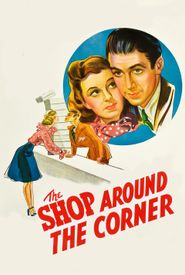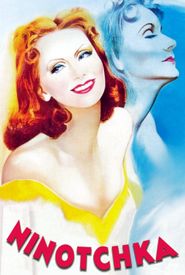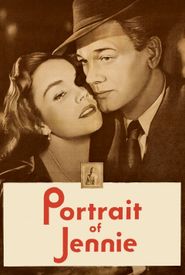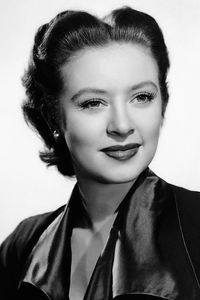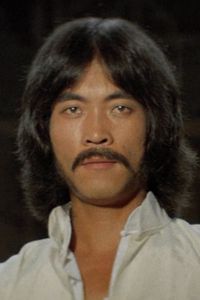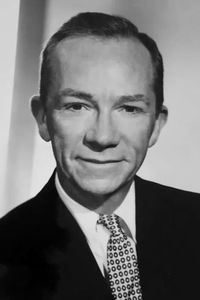Felix Bressart was a German-American actor who had a successful career in both stage and screen. Born on March 2, 1892, in East Prussia, Germany, he was already an experienced stage actor when he made his film debut in 1928.
Bressart started off as a supporting actor, appearing in films such as Die Drei von der Tankstelle in 1930, but soon established himself in leading roles of minor movies. However, after the Nazis seized power in 1933, he was forced to leave Germany due to his Jewish heritage and continued his career in German-speaking movies in Austria.
After eight years and over 30 films, Bressart emigrated to the United States, where he continued to work in the film industry. He was helped by his former European colleagues, including Joe Pasternak, who became a successful Hollywood producer and helped Bressart secure roles in American films.
Bressart's first American film was Three Smart Girls Grow Up in 1939, a vehicle for Universal Pictures' top attraction, Deanna Durbin. He went on to work with influential directors such as Ernst Lubitsch, Henry Koster, and Wilhelm Thiele, and scored a great success in Lubitsch's Ninotchka, produced at Metro-Goldwyn-Mayer.
He became a popular character actor in films such as Blossoms in the Dust, The Seventh Cross, and Without Love, and perhaps his largest role was in RKO Radio Pictures' "B" musical comedy Ding Dong Williams, filmed in 1945. Bressart died suddenly of leukemia at the age of 57, during the production of his final film, My Friend Irma, in 1949.


